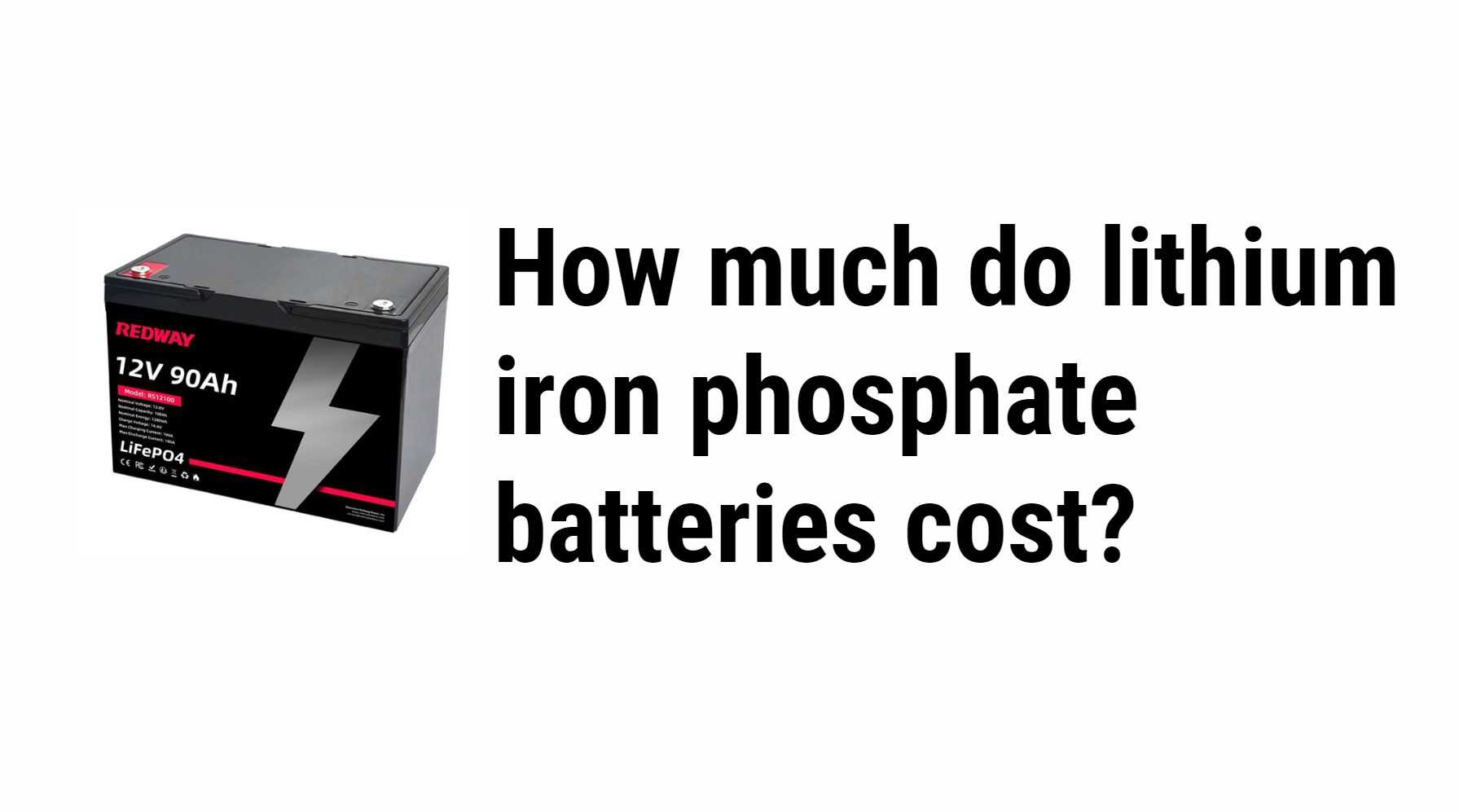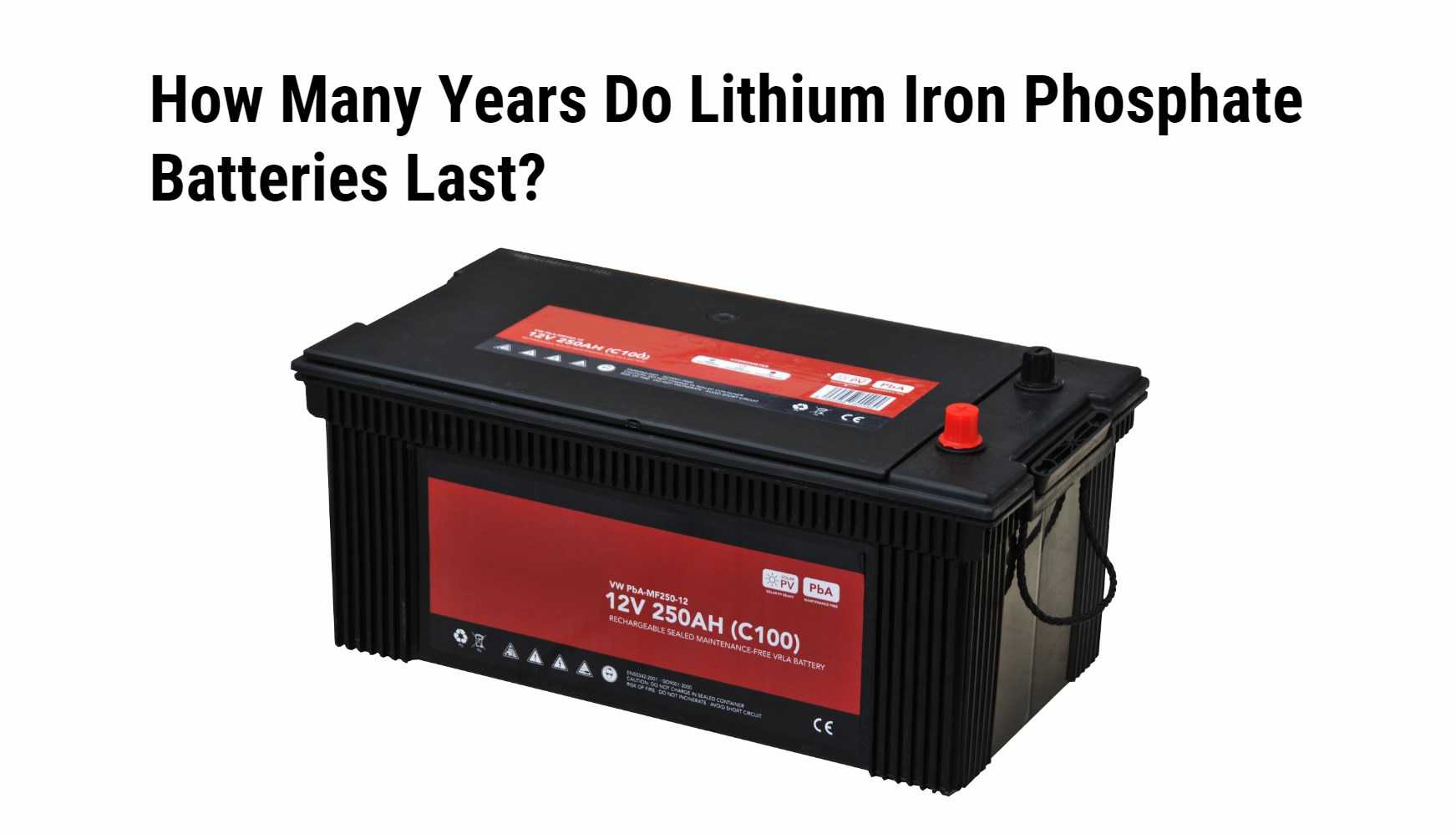Lithium Iron Phosphate (LiFePO4) batteries have gained significant traction in various applications, from electric vehicles to renewable energy systems. As the demand for these batteries continues to grow, understanding their cost is essential for consumers and businesses alike. In this article, we will explore the factors influencing the cost of LiFePO4 batteries, provide a detailed breakdown of prices, and discuss the long-term value they offer.
Understanding Lithium Iron Phosphate Batteries
LiFePO4 batteries are a type of lithium-ion battery known for their safety, stability, and long cycle life. Unlike traditional lithium-ion batteries, LiFePO4 batteries offer several advantages that enhance their appeal in various applications.
Key Benefits of LiFePO4 Batteries
- Safety: They are less prone to thermal runaway, making them safer for use in a variety of environments.
- Longevity: These batteries typically last longer than other lithium-ion types, often exceeding 2000 charge cycles.
- Environmental Impact: LiFePO4 batteries are made from non-toxic materials, making them a more environmentally friendly option.
Factors Influencing the Cost of LiFePO4 Batteries
Several factors contribute to the overall cost of lithium iron phosphate batteries:
1. Capacity and Voltage
The capacity (measured in amp-hours, Ah) and voltage requirements significantly impact the price. Higher capacity batteries generally cost more due to the increased materials and manufacturing complexity.
2. Quality and Brand
The reputation of the manufacturer plays a crucial role in pricing. Established brands with a track record of quality and reliability often charge a premium for their products.
3. Application Type
The intended application can also affect pricing. Batteries designed for specialized uses—such as electric vehicles or renewable energy storage—may have additional features that increase costs.
4. Market Demand
Fluctuations in market demand can influence prices. As more industries adopt LiFePO4 technology, increased demand may lead to higher costs.
Cost Breakdown of LiFePO4 Batteries
To provide a clearer picture of the costs associated with lithium iron phosphate batteries, we present a detailed breakdown based on capacity:
| Battery Capacity (Ah) | Approximate Cost (USD) | Typical Applications |
|---|---|---|
| 12V 100Ah | $800 – $1,200 | Solar energy systems, RVs |
| 48V 100Ah | $1,200 – $1,800 | Electric vehicles, marine use |
| 72V 50Ah | $1,500 – $2,500 | High-performance electric bikes |
| 12V 200Ah | $1,500 – $2,000 | Off-grid solar systems |
Additional Costs to Consider
- Charger Costs: A quality charger designed for LiFePO4 batteries can range from $100 to $300.
- Installation Costs: If professional installation is required, this can add an additional $100 to $500 depending on complexity.
Comparative Analysis: LiFePO4 vs. Other Battery Types
When evaluating the cost-effectiveness of LiFePO4 batteries, it’s essential to compare them with other common battery types:
| Battery Type | Average Cost per kWh (USD) | Lifespan (Cycles) | Energy Density (Wh/kg) |
|---|---|---|---|
| LiFePO4 | $600 – $800 | 2000+ | 90-160 |
| Lead-Acid | $150 – $300 | 500-1000 | 30-50 |
| NMC Lithium-Ion | $400 – $700 | 1000-1500 | 150-250 |
Latest News on Lithium Iron Phosphate Battery Pricing
As of October 2024, recent trends indicate that the demand for lithium iron phosphate batteries is increasing due to their adoption in electric vehicles and renewable energy storage systems. This growing demand has led manufacturers to invest in production efficiency, which could stabilize or even reduce prices in the future.
Emerging Technologies
Innovations in battery technology are also contributing to cost reductions. Manufacturers are exploring new materials and production methods that promise improved performance at lower prices.
FAQs About Lithium Iron Phosphate Battery Costs
1. Are LiFePO4 batteries worth the investment?
Yes, while they may have a higher upfront cost compared to traditional lead-acid batteries, their longevity and performance make them a cost-effective choice over time.
2. How do I choose the right capacity for my needs?
Consider your specific application requirements—such as energy consumption and run time—to determine the appropriate capacity.
3. Can I use a regular charger for my LiFePO4 battery?
No, it is essential to use a charger specifically designed for LiFePO4 technology to ensure safety and optimal performance.
4. What is the warranty period for LiFePO4 batteries?
Most reputable manufacturers offer warranties ranging from 5 to 10 years, reflecting confidence in their product durability.
Conclusion: Evaluating the Cost of Lithium Iron Phosphate Batteries
In conclusion, while the initial investment in lithium iron phosphate batteries may be higher than traditional options, their numerous benefits—including safety, longevity, and environmental impact—make them an attractive choice for various applications. By understanding the factors influencing cost and comparing them with other battery types, consumers can make informed decisions that align with their needs.At Redway Battery, we specialize in providing high-quality lithium LiFePO4 batteries tailored to meet diverse needs across various applications. For quick quotes on custom solutions or wholesale inquiries, feel free to contact us today!





